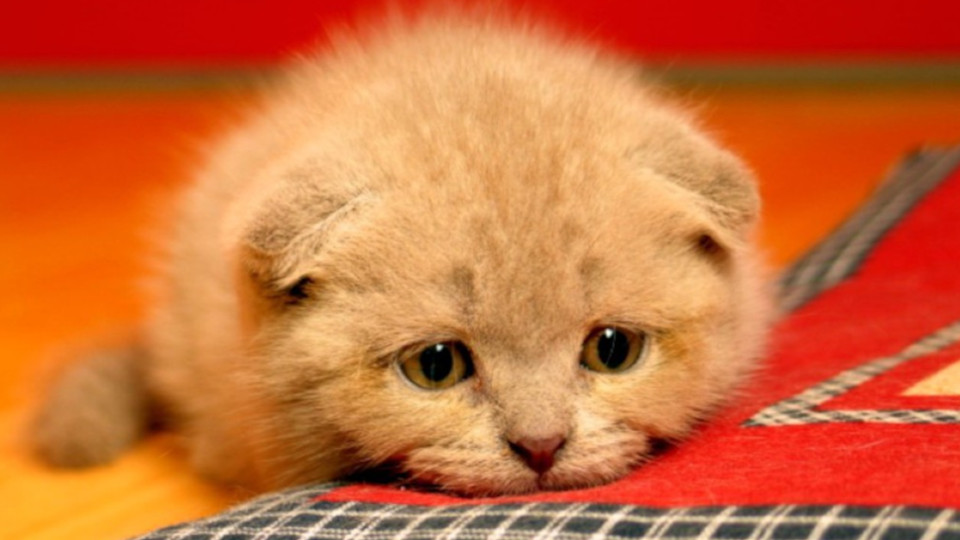Can cats get depressed? Absolutely. Just like humans, cats can suffer from depression and for many of the same reasons: moving, changes in routine, boredom, excessive fighting by household members, and loss of another household pet or human. The most common cause of depression in cats is the loss of a companion.
Depression in cats, however, can be less noticeable because they already are relatively subdued and sleep a lot. The primarily red flags are changes in normal behavior.
Cat depression signs
According to a feline experts including the Humane Society, the key signs of cat depression include:
- Hiding or avoiding humans & other pets
- Lack of grooming
- Lethargy
- Lack of appetite & weight loss
- Sleeping more than usual
- Aggressiveness
- Fearfulness
- Loss of interest in play
- Clinginess & neediness
- Vocalizing with low-pitched, mournful yowls
- Missing the litter box
- Excessive scratching
Of course all of the above symptoms can also be signs of illness and even injury, so if they persist, especially the lack of interest in food, consult your vet. Remember, cats are very good at hiding that they are not feeling well, so by the time you notice that your cat is not acting like it usually does, something is often really wrong. But do not overly worry. If your cat is depressed there are solutions.
Cat depression treatment
If the depression seems likely triggered by moving and/or changes in routine (for example a new baby in the house) the best antidote may be simply spending more doting time with your cat and creating one or more safe places for your cat to retreat.
If the depression is triggered by the loss of a fellow pet or human companion, the advice above applies, plus you may want to consider getting a new companion for the pet if possible. Although, the addition of a new pet should be weighed carefully as some cats will find the new family member adds to their stress.
If your cat is depressed, because she is bored – which does often happen to indoor-only cats – then it is up to you to relieve that boredom. Bring the outdoors inside so that your cat can express his or her natural instincts for climbing, scratching, stalking and pouncing. Cats who do not have spaces to exhibit these natural behaviors will often find destructive ways to express themselves and/or slip into a depression. The Daily Cat Blog has a great list of suggestions for bringing the outdoors inside, such as having pots of oat grass available for kitty nibbling. Essentially, for the indoor-only cat, environmental enrichment is a basic need like food and water.
Should you put your cat on an anti-depressant?
Under all of the above circumstances, you may find a feline pheromone product called Feliway to be helpful for calming cats. Another great remedy that I find useful with both cats and dogs is Dr. Bach’s Rescue Remedy for Pets. If these simple measure do not work and your cat has been diagnosed by a vet with depression, he may be prescribed antidepressants.
Hopefully your beloved feline is content and depression is not a worry; keeping these guidelines in mind is still valuable either way. When we take ownership of an animal -- even one as domesticated as the cat -- we owe it to them to make sure their environments are as enriching and stimulating as possible.
 Nothing Ever Happens Shirt $21.68 |
 |
 Nothing Ever Happens Shirt $21.68 |


My cat naturally does not like being the last one alive, from two dogs and one other cat. He's taken several months to improve, but still needs extra attention.
That's so sad.